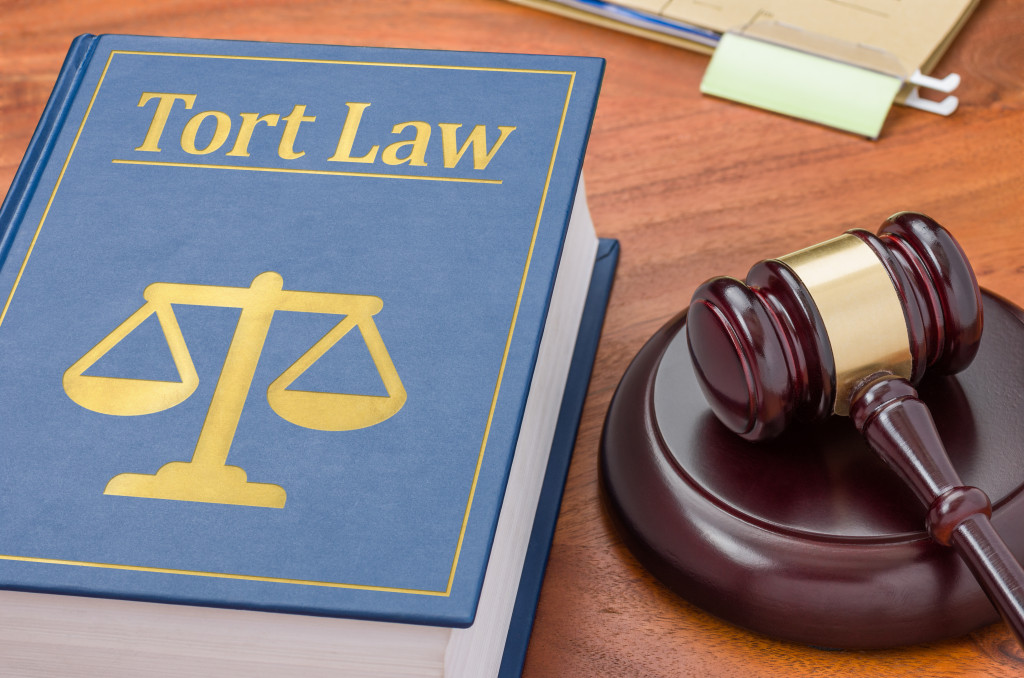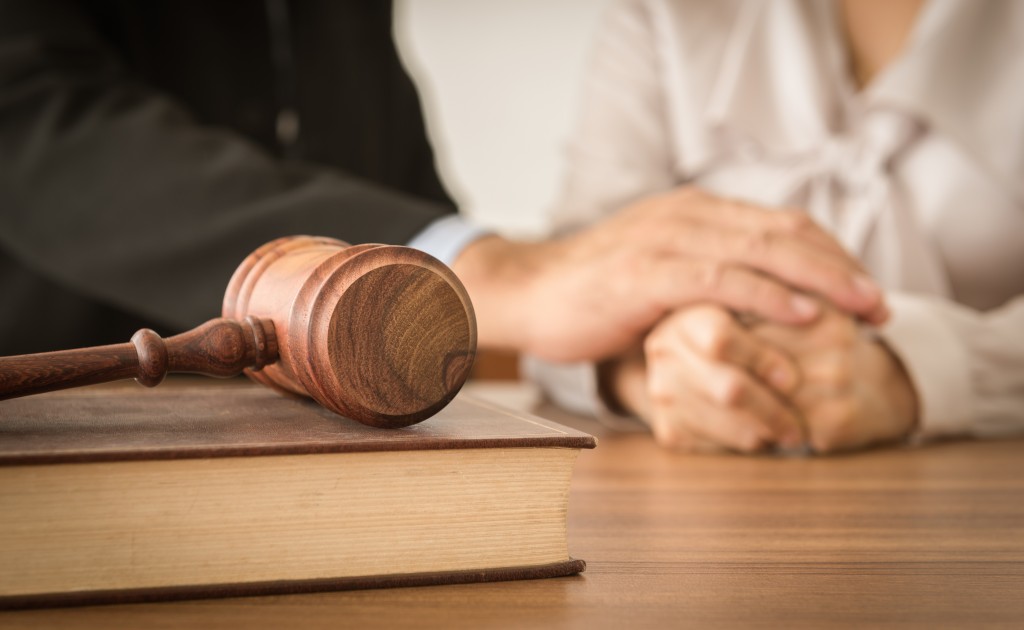There are several reasons why you should avoid litigation. It can be time-consuming, expensive, and stressful, affecting your finances and reputation. Although there are many types of lawsuits most people have heard of, not many know what they can do to avoid getting sued for it or having to sue for it.
Family Lawsuits
Family cases usually involve divorce, child custody, and adoption issues. A family court lawyer can help distraught families resolve their issues at court, providing the best solutions for both sides. You can avoid family lawsuits by doing blended mediation or arbitrations, getting your ex-spouse to tell you what they want outside of court, and following the ‘velvet gloves’ approach.
Workers’ Compensation
Employers and business owners have the legal responsibility of maintaining safe work environments for their workers. That’s why employees that get hurt while on the job are entitled to receive workers’ compensation benefits. Although you can’t file a lawsuit against your employers for these compensations, lawyers can handle the process for you to get maximum benefits.
Slip and Fall Lawsuits
Slip and fall cases are more common than one would think and can happen anywhere, whether it’s at work, a supermarket, or a parking lot. These lawsuits often aim to identify if the property owner or manager of the incidence area was negligent in warning people of possible dangers or fixing issues dangerous to the public. Property owners and business managers can avoid these by conducting regular building and document hazard inspections, displaying warning signs about hazards throughout the properties, installing a camera system, and having insurance.
Product Liability Lawsuits
Product liability lawsuits often happen when customers complain about getting defective products, ranging from kids’ toys to home appliances that cause severe injuries, entitling them to file claims for product liability damages. Whether the product defects happened due to the design, manufacturing, or faulty maintenance and repair of the products, plaintiffs can recoup financial compensations to help them pay for medical bills and other expenses garnered from those injuries.
Manufacturers and business owners can avoid getting paid for product liability lawsuits by doing several precautionary measures. These include testing the products before releasing them to the market, incorporating safety measures during their building and designing stages, buying product liability insurance, and checking with suppliers.
Wage Law Violation Lawsuits
Most lawsuits filed against business owners and employers are heavily based on allegations that they violated local wage laws given by the federal or state government. The Federal Labor Standards Act or FLSA is responsible for setting federal government employees’ minimum wage while governing recordkeeping, child labor, and overtime pay. However, many states and municipalities have enacted their unique laws regarding salaries and overtime pay.
Wage and hour lawsuits are typically based on employee claims that employers failed to pay the minimum wage or overtime pay. As a business owner or employer, you can avoid getting sued for wage law violations by giving the right amount and at the right time, avoid tip-related errors, and always track, record save time punch data.
Medical Malpractice Lawsuits
Issues in the medical industry are common, so if you know someone who got injured or sick due to a physician’s negligence, they can legally file a medical malpractice lawsuit. However, these cases are usually complex and best prevented by having a capable lawyer by your side.
There are several ways to avoid getting sued for this if you’re a professional in the industry. These include striving to establish trusting and open relationships with your patients, communicate clearly, document all patient visits, and don’t hesitate to refer if you think you can’t treat their conditions.
Torts Lawsuits
Most lawsuits filed against businesses by third parties are typically due to a ‘tort,’ a violation of peoples’ civil rights. Two kinds of torts can lead to lawsuits against businesses, unintentional and intentional torts. Unintentional or negligence committed by business owners or employees may cause accidents, injuring third parties, or damaging their properties. The affected individual can file a suit for bodily injury or property damage. Meanwhile, intentional torts like false arrest or wrongful evictions can also generate lawsuits against businesses.
You can avoid getting sued for torts by following the best practices, including the standard of care for people in your industry, let third parties sign waivers or release agreements, and have insurance.
Knowing the most common lawsuits can help reduce your risk of getting sued or having to sue. However, if you do get into an unavoidable case, you’ll be in a stronger position in court by familiarizing yourself with these things.

